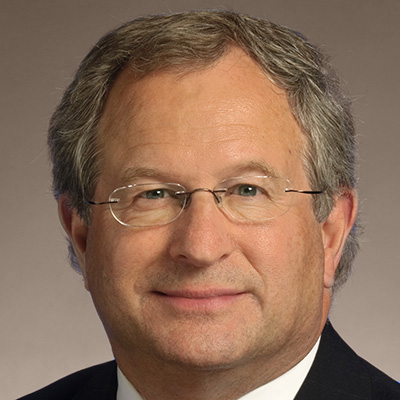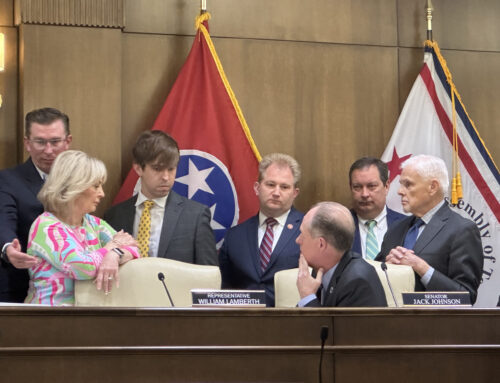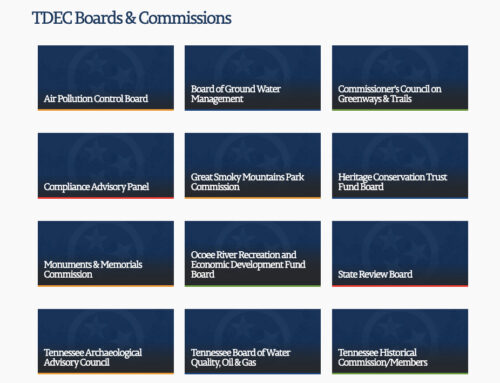A House subcommittee is scheduled on Tuesday to consider a bill that would expand the confidentiality around applicants for the chief executive positions at state colleges.

State Rep. Mark White is sponsoring a bill to expand the confidentiality related to filling top positions of president and chancellor at all state colleges.
HB 473, sponsored by state Rep. Mark White, R-Memphis, would allow a search committee to keep confidential the identity of applicants for the president or chancellor positions at all state colleges except for the finalist or finalists selected. The bill would allow a search committee to reveal only the single finalist they select, although the committee could make public as many as three.
The actual hiring decision, however, is public. The records related to the finalist — or finalists if more than one is selected by the search committee — must be available to the public at least 15 days before the governing body can vote on the hire. The governing body is required to deliberate in public and take a public vote in adherence with the Open Meetings Act.
A provision in the current law that allows college president applications to be kept confidential expires July 1. The new bill would keep this provision and expand it to include applications for chancellor positions.
The expansion to chancellor positions would mainly affect the University of Tennessee whose four campuses are headed by chancellors. UT has only one president position, president of the University of Tennessee System, a position held by Randy Boyd.
However, the exemption if extended would be applied to dozens of hiring decisions across the state, including the hiring of presidents of the state’s colleges of applied technology, community colleges, the locally governed universities, such as the University of Memphis, and the University of Tennessee System.
Some of the positions are lucrative. The University of Tennessee-Knoxville chancellor hired in 2019, for example, started with a base salary of $600,000 plus a $20,000 housing allowance among other benefits.
The path to keeping applicant identities confidential
University and college leaders have advocated for a more confidential process for years. They argue that some people will not apply for these top public positions if their names were required to be public before they were hired.
On the other hand, the transparency of candidate applications helps ensure that a fair and robust search has taken place, reducing the risk of cronyism by making sure the entire process can be inspected by the public and stakeholders, such as faculty.
The issue of confidentiality in college president searches was reviewed last year by the Advisory Committee on Open Government, which produced a report delivered to Gov. Bill Lee, Lt. Gov. Randy McNally and House Speaker Cameron Sexton.
The report was required as part of the law change in 2018 that allowed only one finalist for a college president to be named. At that time, Gov. Bill Haslam, who had wanted the change, had agreed to ask the Advisory Committee on Open Government to study the issue before the automatic repeal date in 2021. (The bills in 2018 were carried by then-Rep. Harry Brooks of Knoxville and Sen. Joey Hensley of Hohenwald.)
White is chair of the House Education Administration Committee, where the bill is assigned. It is scheduled to be heard by that committee’s Higher Education Subcommittee at noon Tuesday. As of 3 p.m. Friday, no amendments had been filed to be introduced with the bill.
Sen. Ken Yager, R-Kingston, is carrying the bill on the Senate side. The bill is assigned to the Senate Education Committee, but has not yet been put on the calendar for consideration.




